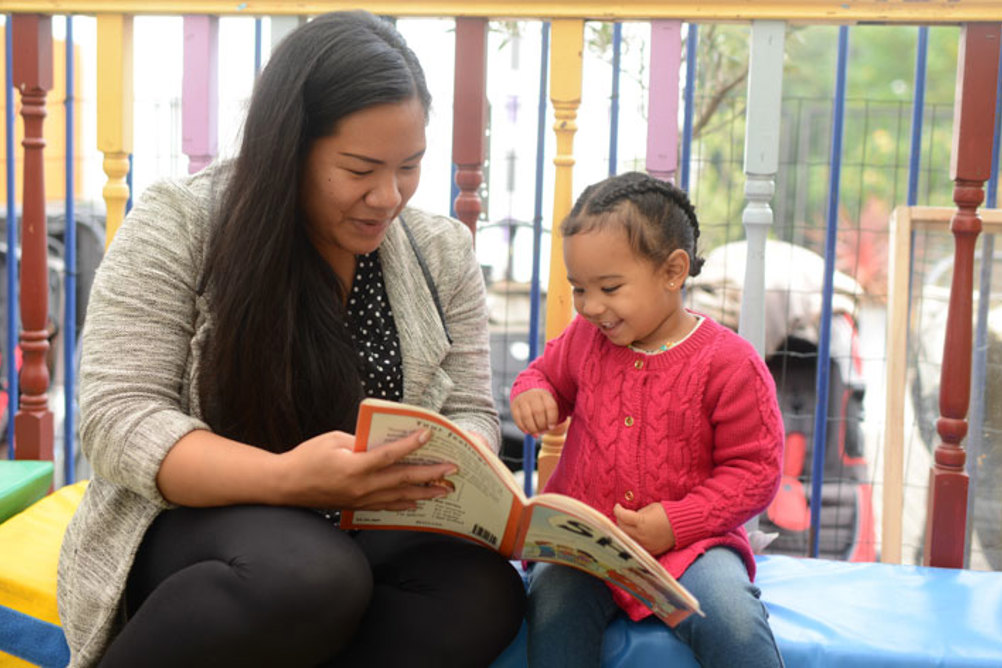
An independent study of the two-year pilot programme Early Words Together found that children who took part improved their language comprehension.
The scheme helps to develop young children’s communication and language skills through a six-week programme bringing practitioners and volunteers together to improve the home learning environment for children aged two to five in target families.
The two-year pilot programme run by the National Literacy Trust was funded by the Department for Education.
It involved children in 120 early years settings and children’s centres and nearly 1,000 volunteers and 2,000 parents.
An evaluation of the scheme's impact was carried out by Coventry University’s Centre for Research in Psychology, Behaviour and Achievement.
Register now to continue reading
Thank you for visiting Nursery World and making use of our archive of more than 35,000 expert features, subject guides, case studies and policy updates. Why not register today and enjoy the following great benefits:
What's included
-
Free access to 4 subscriber-only articles per month
-
Unlimited access to news and opinion
-
Email newsletter providing activity ideas, best practice and breaking news
Already have an account? Sign in here
